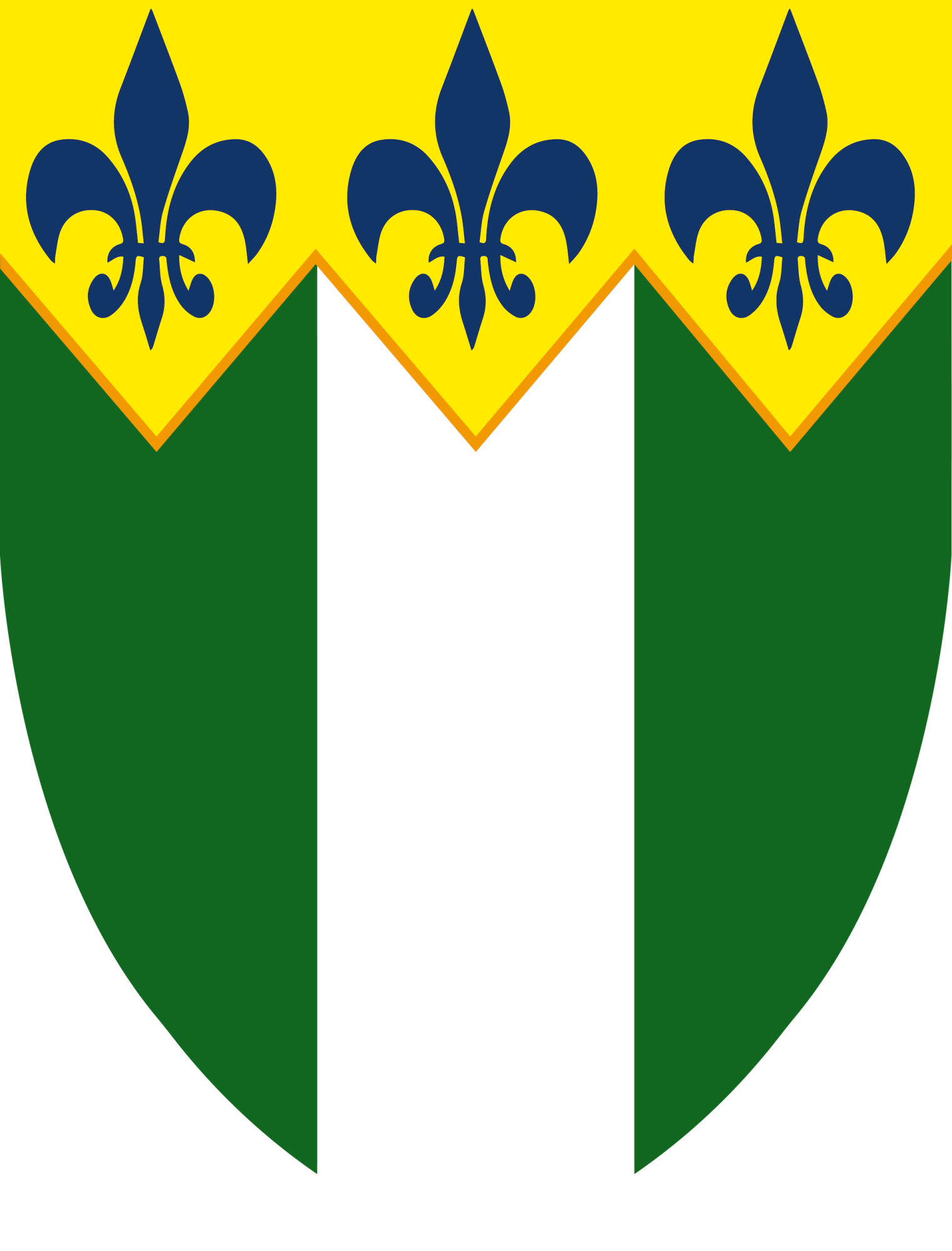Home Learning
| Key Stage 3 | Key Stage 4 |
|
English - at least once a week for up to 30 mins. Science – Years 7 and 8 – once a week for up to 30 minutes. Maths - once a week for up to 40 minutes. Languages – up to 30 minutes. Students are expected to learn new vocabulary after every lesson as well as regular writing or reading tasks. DT teachers - 6 tasks per module. Each module lasts 10 weeks. Computing - once a week for up to 30 minutes. Art - a project each term. Students will be expected to spend 30 minutes on their art project per week. Each project will be linked to their current SOW and will designed to enhance and extend their in class learning. Drama - students up to three times across a unit of work (half term). This will consist of an evaluation, a practical task, and a research task. Dance – once a fortnight for up to 30 minutes. These will be practical tasks. Music - weekly mini quizzes on firefly that take approximately 5 minutes to complete or a reflection task Humanities (history, geography and religious studies) - once a fortnight for up to 30 minutes No home learning is set in PE at Key Stage 3. |
The minimum expectation is that every subject teacher sets home learning once a week which takes one hour to complete. In science Years 9, 10 and 11 have at least one piece of home learning per week approximately one hour. In art, students are expected to complete 1- 2 hours of artwork per week. Students can also access support material via Firefly and various other platforms. There will be key times during years 10 and 11 when students will be revising for important mock and GCSE exams when they will be required to spend more time on home learning.
|
The aim of home learning is to help students become confident and successful students inside and outside the classroom, developing a lifelong love of learning. To this end, home learning is intended to help to promote independent learning skills, including effective research and presentational skills. It should also help students learn to be organised and take responsibility for their own learning.
Not all home learning is done at home; in fact, for some students who find it hard to work at home, or for some tasks which may require resources (books, software, equipment) more readily available at school, it is necessary or desirable to carry out the task at school.
There is a variety of home learning tasks that can be used to promote these aims. Some of these are shown at the foot of the page. It is important to bear in mind the following:
-
Students should be recording the home learning teachers set using Firefly. Form tutors will perform checks to make sure that students are using Firefly properly.
-
We have a marking and feedback policy which explains that teachers do not mark every piece of work. Instead, teachers decide which pieces of work to mark so that they can concentrate on giving useful, formative feedback to students. Feedback on home learning may be done with written teacher comments, verbally or by peer or self assessment.
Examples of home learning:
Research project e.g. before the next topic to be studied; preparing a presentation; reading; revision; vocabulary lists; practice – consolidating work done in a lesson; completion of work that has been started in a lesson; drawing; recording; conducting interviews.
